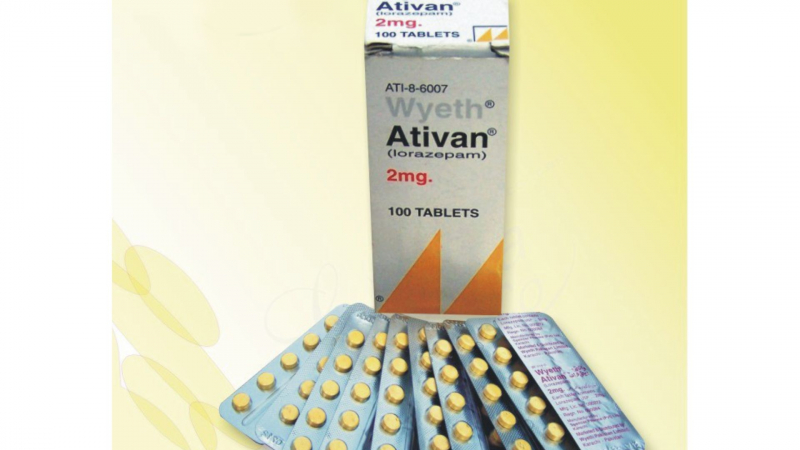Benefits

Top 2 in Top 7 Things to Know About Ativan
- May be used to treat anxiety disorders or to relieve short-term anxiety (for example, before surgery) (although studies have not documented use beyond 4 months).
- Additionally offered as an injectable form, which may be used to treat protracted seizures.
- Can be used for some other indications, such as lower back pain, even though they have not been FDA-approved. This is known as using medication off-label.
- Lorazepam is the brand name for generic Ativan.
- In the first instance, ativan or intravenous diazepam are used to treat convulsive status epilepticus. In the treatment of status epilepticus, lorazepam is more effective than diazepam and intravenous phenytoin and carries a decreased risk of persistent seizures that would necessitate further therapy. But at least for the elderly, phenobarbital is more effective than lorazepam and other medications.
- When someone is having mechanical ventilation, ativan may be administered. However, it has been discovered that propofol is more efficient and affordable than lorazepam in critically sick patients; as a result, the use of propofol for this indication is now recommended whereas lorazepam is contraindicated.
- Ativan is effective in treating catatonia with a speech impediment. The need for treatment for a few days may be necessary if the symptoms return. As part of the benzodiazepine withdrawal syndrome, catatonia brought on by abrupt or too rapid withdrawal from benzodiazepines should also respond to therapy with ativan. Haloperidol is occasionally administered concurrently with lorazepam due to the drug's potential for paradoxical effects.
- It is occasionally used in chemotherapy in addition to drugs to relieve nausea and vomiting, specifically those brought on or made worse by psychological sensitivity to the idea of being ill








